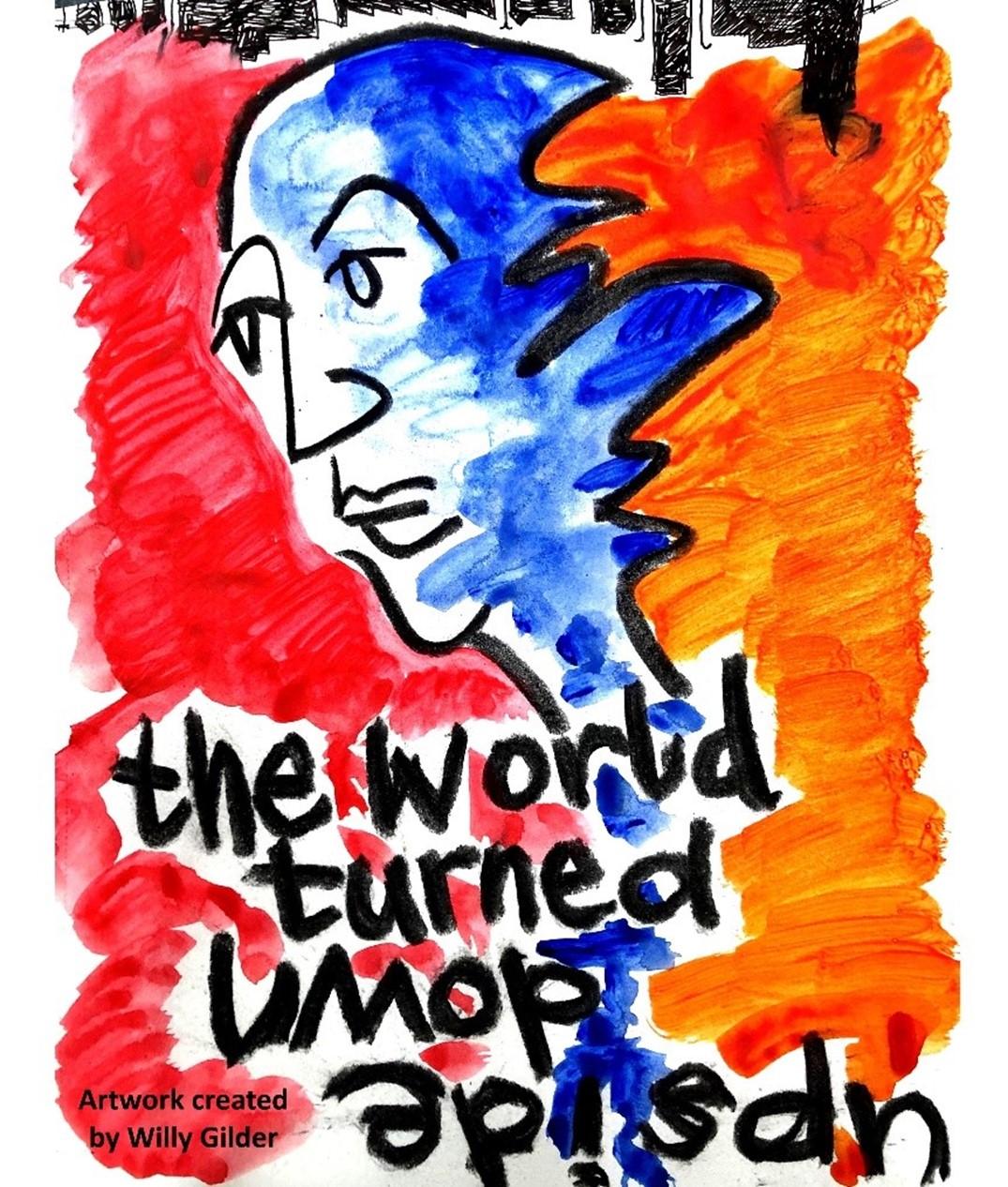
News
Watch ‘The World Turned Upside Down’: A film about dementia and communication
Co-created by people affected by dementia, the IDEAL research project has released a new film that focuses on the importance of effective communication around dementia.
What is 'The World Turned Upside Down' about?
Co-created with people affected by dementia, the play explores scenarios at different points of characters’ experiences with dementia, from getting diagnosed and sharing that diagnosis with family members to caring for a loved one living with dementia.
Exploring communication around dementia
Before watching the film, you can download a screening pack created to accompany the film. This pack helps to guide the viewer through the film, offering discussion questions around the different scenarios. Watching and sharing the film with the screening pack is a great learning resource, a tool that can be used within groups to discuss some of the key issues explored in the film.
Watch ‘The World Turned Upside Down’
The artwork for ‘The World Turned Upside Down’ was designed by Willy Gilder, a person living with dementia who expresses his experiences through art. Willy regularly posts pictures of his art on Twitter, under the handle @willygilder01.

Who created the play?
‘The World Turned Upside Down’ comes from a large dementia research project called IDEAL, which is an Alzheimer’s Society Centre of Excellence. IDEAL has been running since 2014, and is based at the University of Exeter. It focuses on improving the lives of people with dementia and carers living in the community.
Where did the idea come from?
The idea for ‘The World Turned Upside Down’ arose from discussions between Director Paul Jepson and Professor Linda Clare, who leads the IDEAL research programme. Through these discussions they decided to use theatre to share research findings in a way that could make a difference to people’s lives, and portray what it is like to live with dementia in a realistic way.
The programme’s research findings have already helped lots of people living with dementia and carers, through resources like the Living with Dementia Toolkit.
What does IDEAL do?
IDEAL has over 50 research publications that are helping Alzheimer’s Society and other dementia organisations, as well as clinicians and practitioners, improve and rethink how we can best support people affected by dementia.
Watch the film and share your thoughts
- You can watch ‘The World Turned Upside Down’ on Youtube.
- Let the IDEAL team know what you thought of the film by emailing [email protected]


Mary-Teresa Branton
saysClaire Pentecost
saysMeg Cherry
saysClaire Pentecost
saysBarbara
saysClaire Pentecost
saysKartar Badsha
says
Alzheimer's Society
saysHi Kartar, thank you for your comment.
If you'd ever like to talk, you can call our support line on 0333 150 3456 to speak with one of our friendly advisers. They will listen and provide you with any advice you may need.
Take care and please do call our support line if you need to.
Alzheimer's Society blog team
Maggie Bartlett
saysCatherine Charlwood
saysJanice Nunn
saysClaire Pentecost
saysMaureen Lomas
saysClaire Pentecost
saysClaire Pentecost
says